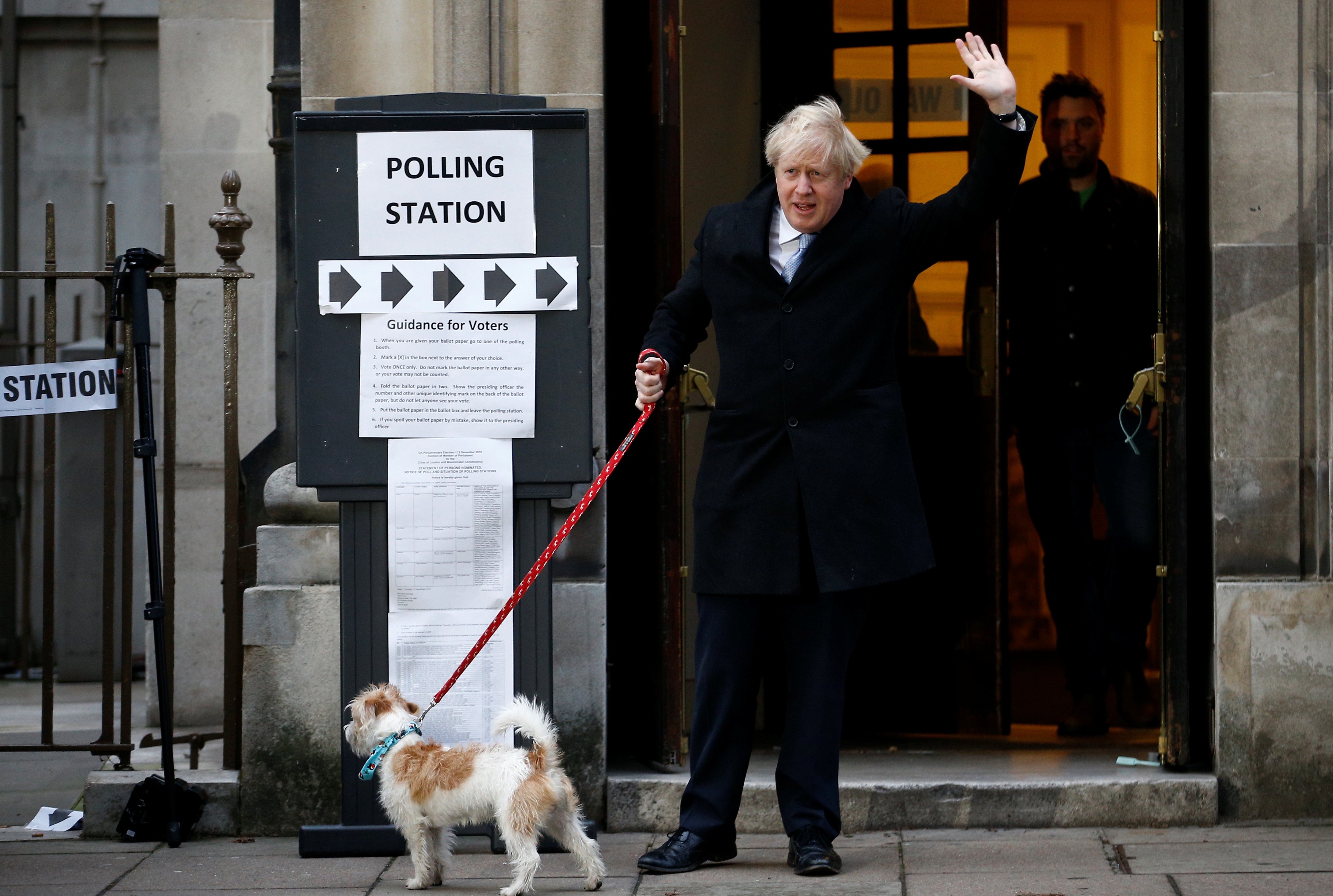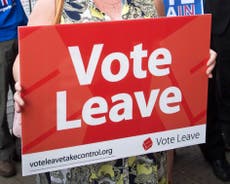Tories could gain from hike in cap on spending at general elections
Review set to raise national party spending limit from £19.5m to around £33m

Your support helps us to tell the story
From reproductive rights to climate change to Big Tech, The Independent is on the ground when the story is developing. Whether it's investigating the financials of Elon Musk's pro-Trump PAC or producing our latest documentary, 'The A Word', which shines a light on the American women fighting for reproductive rights, we know how important it is to parse out the facts from the messaging.
At such a critical moment in US history, we need reporters on the ground. Your donation allows us to keep sending journalists to speak to both sides of the story.
The Independent is trusted by Americans across the entire political spectrum. And unlike many other quality news outlets, we choose not to lock Americans out of our reporting and analysis with paywalls. We believe quality journalism should be available to everyone, paid for by those who can afford it.
Your support makes all the difference.Spending caps for political parties and candidates are set to be increased at the next general election in a way which is likely to benefit Conservatives.
Plans unveiled by Boris Johnson’s government would raise the £19.5m national limit to around £33m, to take account of inflation since the figure was last set in 2000.
With their deep-pocketed hedge fund and City donors, Tories have traditionally outspent Labour at general elections. In 2017, Theresa May spent around £18.5m to Jeremy Corbyn’s £11m.
But there are questions about whether either party would actually be able to take advantage of the new limit, likely to be in place in time for the vote scheduled in 2024. Boris Johnson’s victory last December cost Tories just £16.5m - half of the likely new cap.
Plans to raise the cap came after Mr Johnson launched legislation to repeal the Fixed-Term Parliaments Act, restoring his right to pick a date of his choosing for the next election.
And they came as constituency boundaries are in the process of being redrawn in a way which electoral export Lord Hayward has calculated could be worth an additional five-10 seats to Mr Johnson’s party.
Electoral spending limits were set in the Political Parties, Elections and Referendums Act 2000, which allows parties to spend £30,000 for every constituency it contests, equating to £19.5m nationally if they stand a candidate in every seat.
At a local level, candidate are able to spend £8,700 plus either 9p or 6p for every registered voter.
In a written statement to parliament, Cabinet Office minister Chloe Smith announced that the government intends to review both party and candidate limits “with a view to uprating them in line with inflation since they were originally set”.
Ms Smith confirmed that spending limits will be raised in line with inflation for local elections in May 2021.
An increase in line with inflation since 2000 would bring the national cap to around £33m.
Ms Smith said: “Elections rely upon political parties and candidates’ ability to communicate their views and commitments so that voters can make an informed decision.
“To this end, it is right that registered parties and nominated candidates can incur campaign expenditure, but it is also right that there are limits on this expenditure to ensure a level playing field.
“Many of the current statutory spending limits have not been changed since they were set out 20 years ago, with a small number raised more recently in 2014. This is a significant length of time, and has the effect of reducing the ability to campaign given inflationary costs of printing and communication.”
Boundary maps are due to be redrawn in 2023 to equalise the UK’s 650 constituencies at around 73,000 voters, with the exception of some island seats.
The change will be based on statistics on electors in each area in May 2020 due to be published by the Office for National Statistics next month.
Based on electoral rolls from December 2019, Lord Hayward told The Times that “the net benefit to the Tories is likely to be between five and 10”.
A spokesperson for the Electoral Commission watchdog said: “The UK government has announced its intention to increase the spending limit for candidates at local elections in England ahead of the May 2021 polls. The commission will update its guidance to highlight the proposals, and work with the government to make parties, returning officers and candidates aware of the potential changes.
“The government’s intention also includes reviewing party spending limits. We would anticipate party spending limits only increasing if evidence indicates this is needed.”



Join our commenting forum
Join thought-provoking conversations, follow other Independent readers and see their replies
Comments